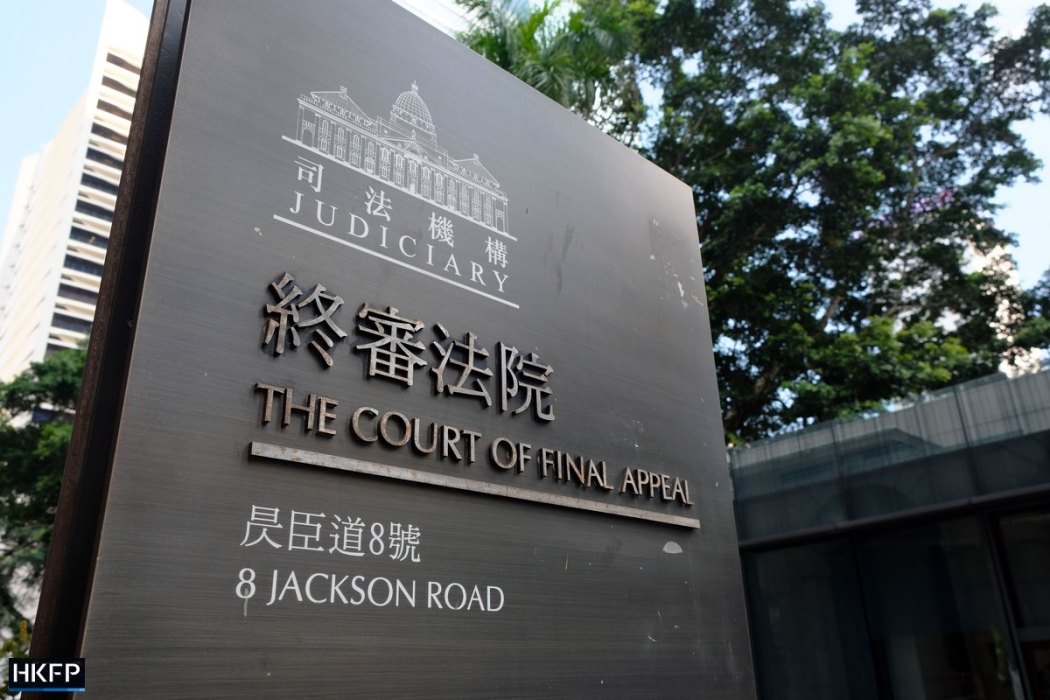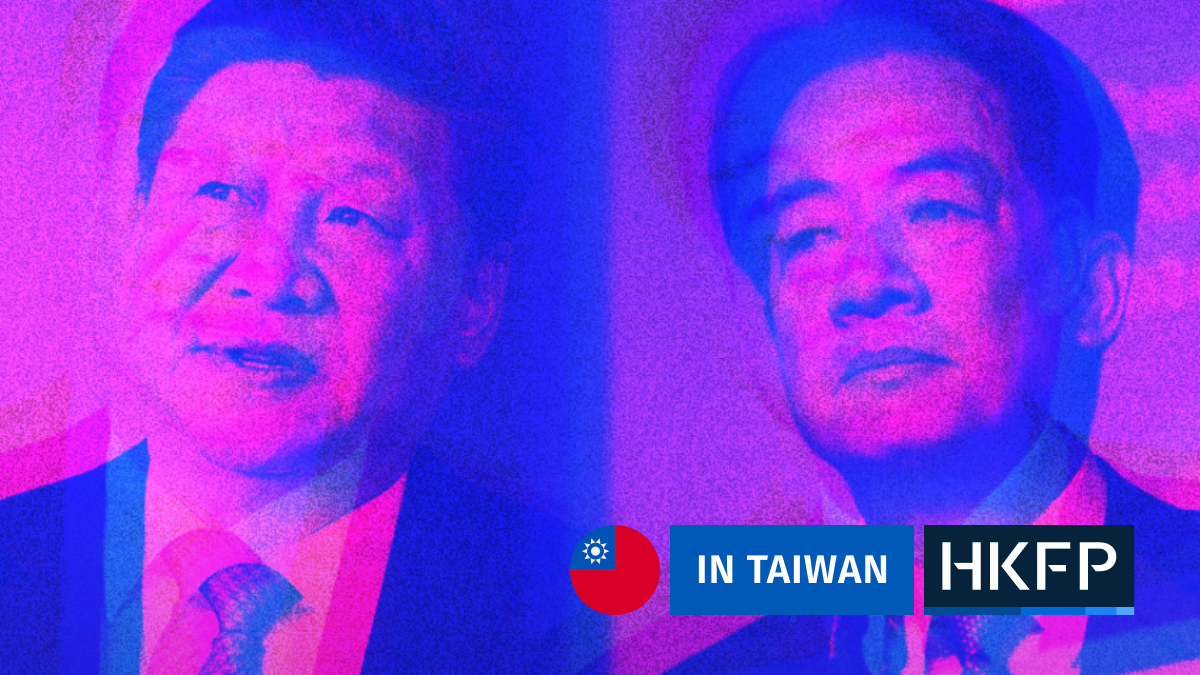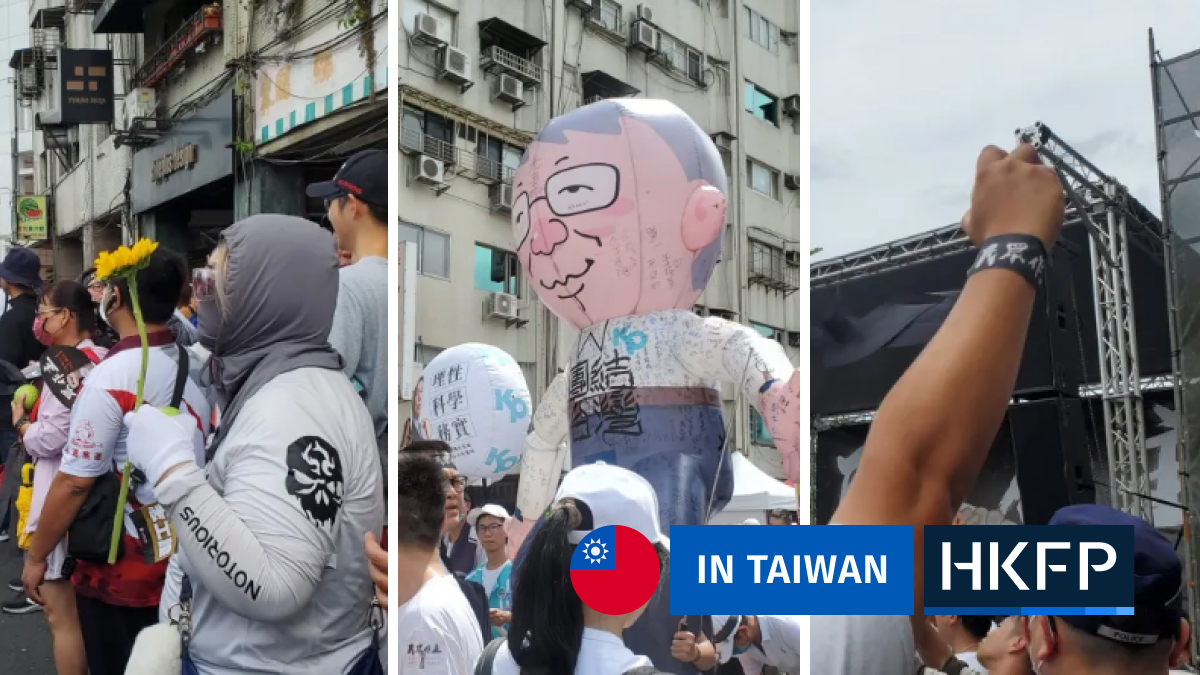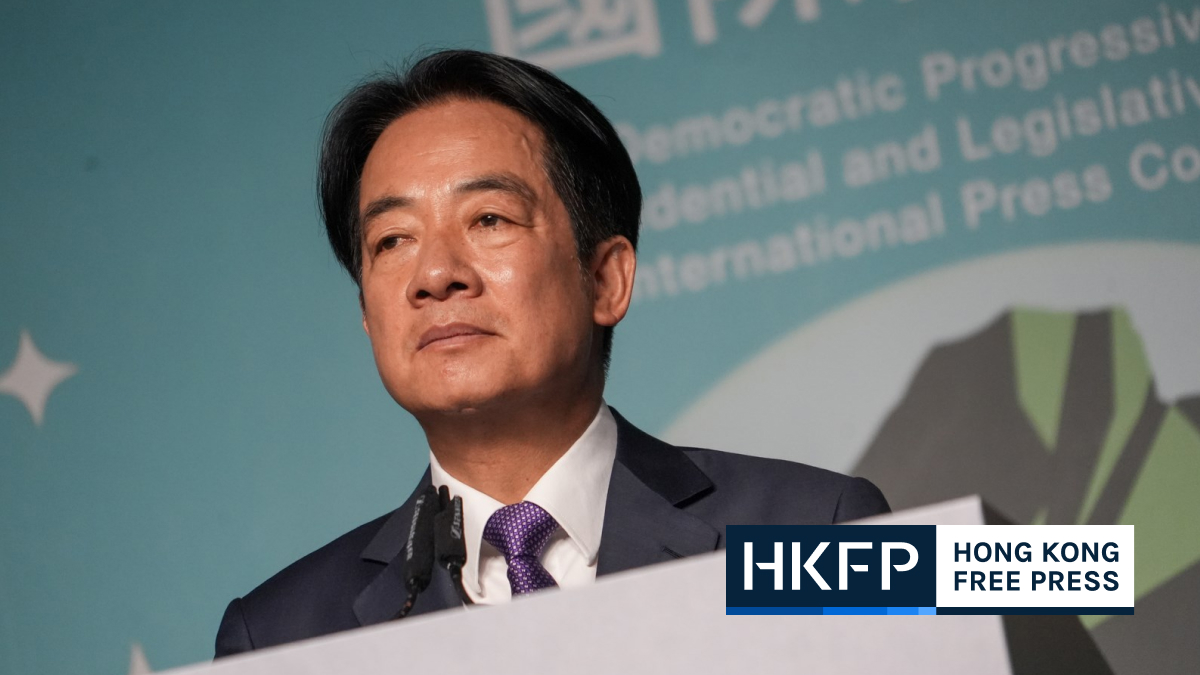Tech giant Meta restricted access to over 400 items across Facebook and Instagram in Hong Kong in the first half of 2021, all but three of which were in response to requests from the Department of Health.
On Facebook, the items involved 387 posts and 17 pages and groups, while on Instagram, 20 accounts and two “pieces of content” were restricted.

According to the data, 423 of the items were flagged by the Department of Health’s Drug Office. The office, which oversees drug registration and safety, also publishes news relating to Covid-19 vaccines and possible side effects.
In response to a question about what the social media items entailed, Meta – the parent company of Facebook and Instagram – declined to comment.
“We do not disclose the reason for requests by the government or law enforcement,” a PR company representing Meta told HKFP via email.

Twice a year, Meta publishes data on content restriction – based on local laws – in countries and territories around the world. Governments, courts, non-government entities and the public can file reports alleging illegality for the tech giant to review.
Besides the restrictions related to the Department of Health, three items were also restricted globally in response to court orders from Brazil, Meta’s PR company told HKFP.
The more that 400 restrictions in the first half of 2021 represented a major uptick from the previous six months. From July to December 2020, Meta restricted access in Hong Kong to just one item involving the advertisement of tobacco products.
All gov’t requests for data denied
Meanwhile, Meta received 152 requests for data from the Hong Kong government. They included 150 legal process requests, described as “requests from governments that are accompanied by legal processes, like a search warrant.” All were rejected.

The company also declined two emergency disclosure requests. Such requests are responded to when there is reason to believe that the matter “involves imminent risk of serious physical injury or death,” according to Meta’s explanation on data types.
Meta did not respond directly when asked by HKFP what these two requests pertained to.
The 152 data requests involved 177 users or accounts. After Beijing passed the national security law in Hong Kong, Meta – then known as Facebook – as well as Google and Twitter said they would stop complying with government requests for data.

“We believe freedom of expression is a fundamental human right and support the right of people to express themselves without fear for their safety or other repercussions,” a Facebook spokesperson said in July 2020.
All 202 requests made in the six months after the security law was implemented were rejected. In contrast, Facebook provided data in response to 174 of the 503 user data requests from Hong Kong authorities from July 2019 to June 2020. The period – which overlaps with the anti-extradition protests and the months leading up to the security legislation’s passage – saw the most number of data requests since Meta began collating the information in 2013.
Support HKFP | Policies & Ethics | Error/typo? | Contact Us | Newsletter | Transparency & Annual Report | Apps
Help safeguard press freedom & keep HKFP free for all readers by supporting our team

LATEST FROM HKFP
HKFP has an impartial stance, transparent funding, and balanced coverage guided by an Ethics Code and Corrections Policy.
Support press freedom & help us surpass 1,000 monthly Patrons: 100% independent, governed by an ethics code & not-for-profit.










